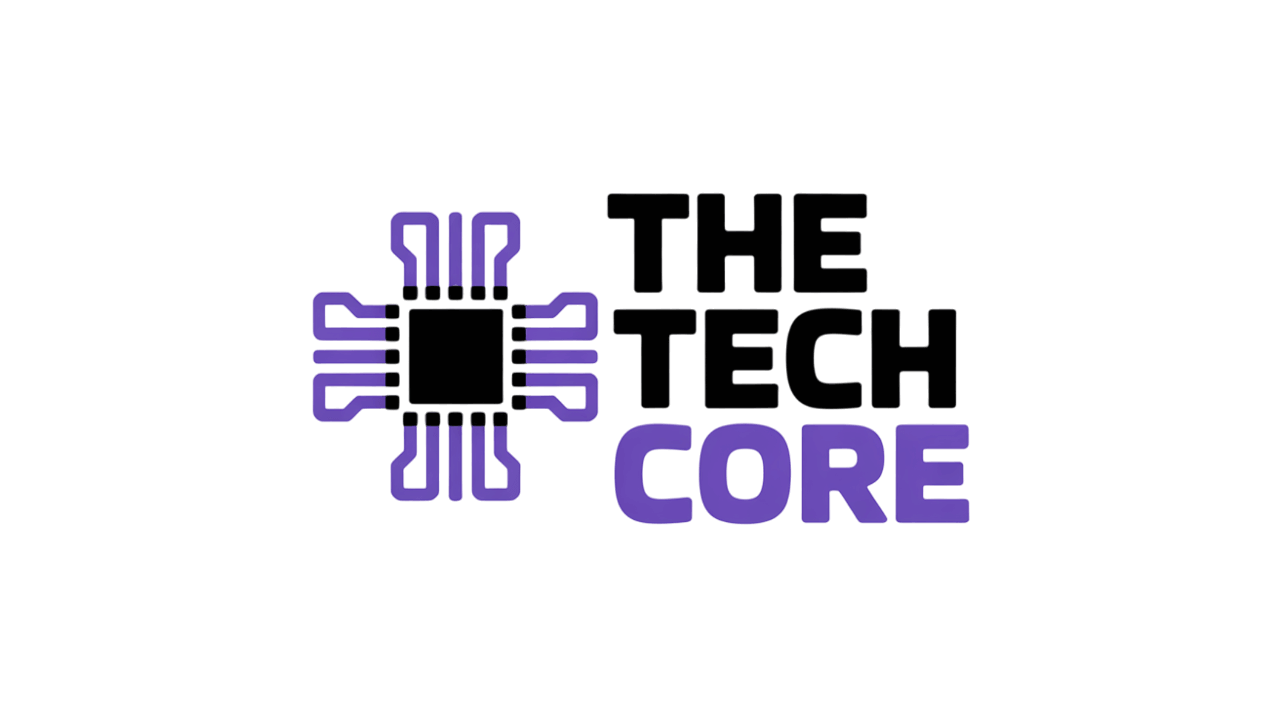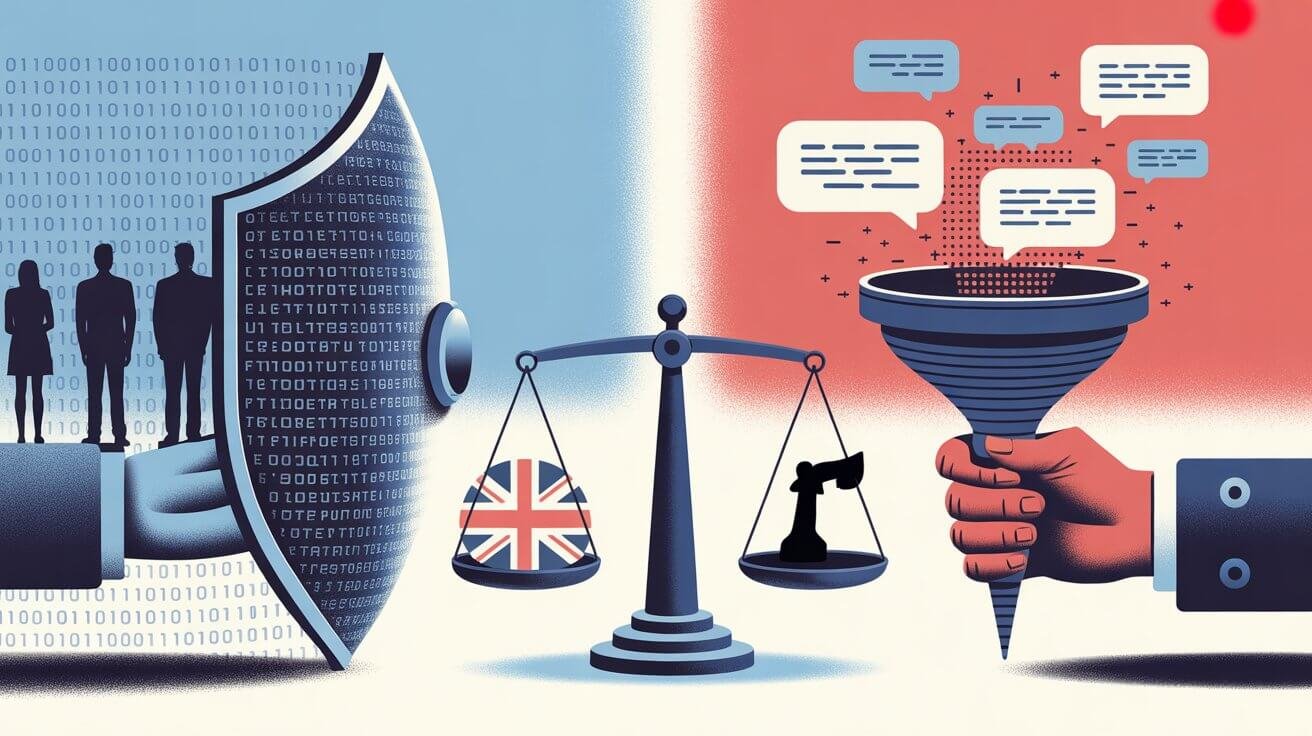How new safety laws are splitting the world between protection and freedom
I was scrolling through my feeds last week when I noticed something weird. Discord was asking me to verify my age. Again. Then I saw posts about VPN downloads spiking by 1,400% in the UK. What’s going on?
The UK’s Online Safety Act just went live. And it’s not just changing how Brits use the internet — it’s reshaping how the entire world thinks about online freedom versus safety.
What actually happened this week
On July 25th, a major piece of the UK’s Online Safety Act kicked in. Platforms like Discord, Reddit, X (Twitter), and even dating apps now have to use “highly effective” age verification to prevent kids from accessing certain content.
But this isn’t just about porn sites. We’re talking about Discord channels, social media posts about mental health, and basically any content that could potentially harm children. The law covers a massive range of platforms — way more than most people expected.
Companies that don’t comply face fines up to £18 million or 10% of their global revenue, whichever is higher. For a company like Meta, that could mean billions.
The real-world impact is already here
Let me tell you what’s actually happening right now, not just what politicians promised.
Some smaller websites have just shut down entirely rather than deal with compliance costs. London Fixed Gear and Single Speed, a cycling forum, announced they’re closing. Microcosm, which hosts forums for non-profit communities, is also calling it quits.
VPN companies are seeing massive spikes in UK sign-ups as people try to get around the new restrictions. That 1,400% increase I mentioned? That’s real data from companies tracking UK users.
Meanwhile, Wikipedia’s parent company is taking the UK government to court, arguing that the law threatens how Wikipedia actually works. When even Wikipedia is fighting back, you know something big is happening.
Why this affects you (even if you don’t live in the UK)
Here’s the thing that’s not getting enough attention: global platforms don’t usually create separate systems for different countries. It’s too expensive and complicated.
So when the UK demands that Discord implement age verification, guess what? Discord is rolling out new default settings and verification requirements that could affect how the platform works everywhere.
I’ve already seen this with my friends outside the UK. They’re getting new content warnings, different default settings, and stricter controls they never asked for. The UK’s rules are becoming everyone’s rules.
The case for tighter control
Look, I get why people support this law. The online safety crisis is real.
Ofcom, the UK regulator, has been hearing from thousands of children and parents about their online experiences. Kids are getting hit with sexualized messages, suicide content, and material that’s genuinely harmful.
A friend of mine told me about her 14-year-old getting bombarded with pro-eating disorder content on TikTok. The algorithm kept pushing videos about extreme dieting and self-harm. When she tried reporting it, the content stayed up for weeks.
The law also creates new criminal offenses for things like cyberflashing and sharing intimate images without consent. These aren’t abstract free speech issues — they’re real crimes that hurt real people.
Plus, let’s be honest: the tech industry had years to fix these problems voluntarily. How’d that work out?
Why critics are genuinely worried
But then there’s the other side, and their concerns aren’t just paranoia.
The law is incredibly vague about what counts as “harmful.” It includes content that could cause “psychological harm” or “serious distress” — and who decides that?
Here’s what’s already happening: platforms are removing content that’s perfectly legal but might trigger an algorithm somewhere. It’s called the “chilling effect,” and it’s not theoretical anymore.
The law even creates new criminal offenses for sending messages that could cause “non-trivial psychological harm” — and this applies globally, meaning the UK could prosecute American users for posts that would be protected speech in the US.
Think about that for a second. A British court could decide your social media post broke their law, even if you’ve never set foot in the UK.
The enforcement is getting serious
Ofcom isn’t messing around. They’ve already launched investigations into multiple platforms, including file-sharing services and discussion boards like 4chan. They have the power to fine companies, block services entirely, or even pursue criminal charges against executives.
For context, if Meta gets hit with the maximum fine, we’re talking about £16 billion. In extreme cases, senior managers could face up to two years in jail.
This isn’t empty threats. Companies that don’t respond to Ofcom’s information requests are already under investigation.
What’s actually changing for users
The most visible change is age verification. Those simple “Are you 18?” checkboxes are being replaced with facial recognition, ID checks, or credit card verification.
On Discord, UK users are getting automatic content filtering, different privacy settings, and restrictions on changing their safety settings without age verification. Want to turn off message filtering? Prove you’re 18. Want to access an age-restricted channel? Verify your age.
Major platforms like Reddit, X, Bluesky, and dating apps are all implementing these systems. Each one handles it differently, creating a patchwork of verification experiences.
The global ripple effect
This is where it gets really interesting. The UK isn’t the only country watching these experiments.
Similar laws are being considered in Australia, Canada, and several US states. The momentum to adopt online safety regulations is building worldwide.
We’ve seen this pattern before. The EU’s privacy laws changed how websites work globally. China’s content restrictions influence what shows up on Netflix. Now the UK’s safety rules might determine what you can say on social media, no matter where you live.
The deeper questions nobody’s asking
Here’s what I find most interesting about this whole debate: we’re treating it like it’s either/or. Either you support child safety or you support free speech. But that’s not how real life works.
What if we focused on making algorithms more transparent instead of removing content? What if we required platforms to give users real control over what they see instead of hoping AI will protect everyone?
The law categorizes platforms by size, not by actual risk. This means smaller high-risk sites like suicide forums don’t face the strictest rules, while massive platforms that mostly host harmless content do.
Does that make sense? Shouldn’t we be targeting actual harm instead of just company size?
What happens next
This is just phase one. The full law won’t be implemented until 2026, with more requirements rolling out throughout 2025. We’re going to see more age verification, stricter content moderation, and probably more platforms either adapting or leaving the UK market entirely.
The legal challenges are just beginning. Besides Wikipedia, expect more companies to fight this in court. The question is whether they’ll win, and what happens to innovation and competition if they don’t.
The uncomfortable truth
After diving deep into this, here’s my take: there’s no perfect solution.
Unregulated platforms gave us harassment campaigns, algorithmic radicalization, and genuine harm to vulnerable people. But heavy-handed regulation risks creating a more controlled, less innovative internet where private companies become the arbiters of acceptable speech.
Prime Minister Starmer insists this is about “child protection,” not censorship. Critics argue the two can’t be separated when the definitions are this broad.
The UK is essentially running a massive experiment. They’re betting they can make the internet safer without breaking what makes it valuable. Other countries are watching to see if it works.
What this means for you
Even if you don’t live in the UK, this will probably affect your online experience. You might notice more content getting flagged, new verification requirements, or changes to how platforms operate.
The bigger question is whether you’re okay with that trade-off. More safety might mean less freedom. More protection could mean more control.
A petition to repeal the Online Safety Act has already gathered over 251,000 signatures, with critics arguing “the scope of the Online Safety act is far broader and restrictive than is necessary in a free society”.
But supporters point to real kids getting real help from these protections.
The bottom line
The internet as we know it is changing. The UK’s approach might reduce some online harms — or it might create new problems we haven’t anticipated yet.
What I do know is that this conversation is just getting started. The Online Safety Act is one country’s attempt to solve a global problem. Other laws are coming. Other experiments are beginning.
Whether this makes the internet better or worse probably depends on which side of the safety versus freedom debate you fall on.
And honestly? We might not know the real answer for years.
What do you think — is online safety worth giving up some digital freedom? The comment section is yours. Just remember, depending on where you live and what platform you’re using, someone might be watching what you say.








